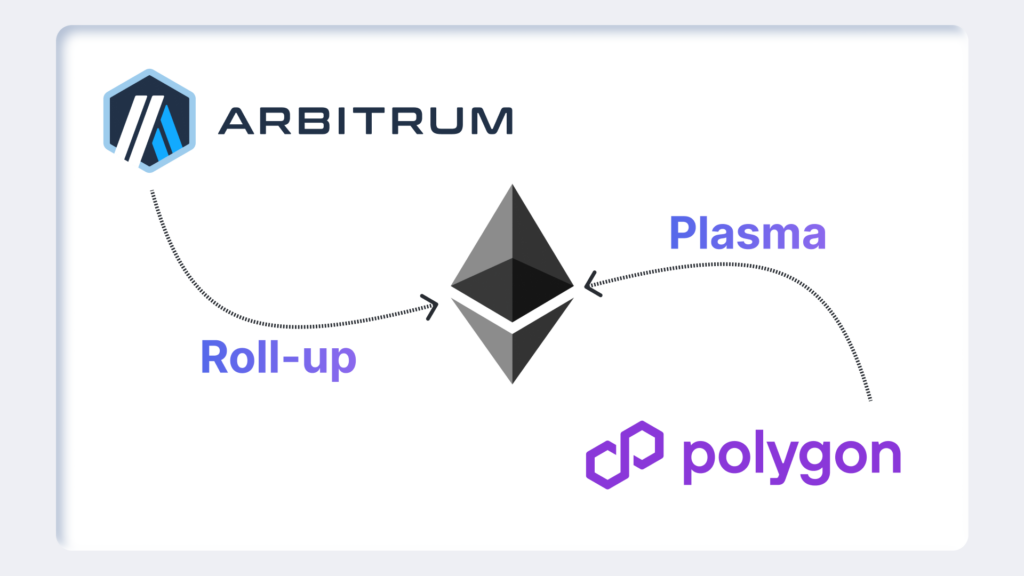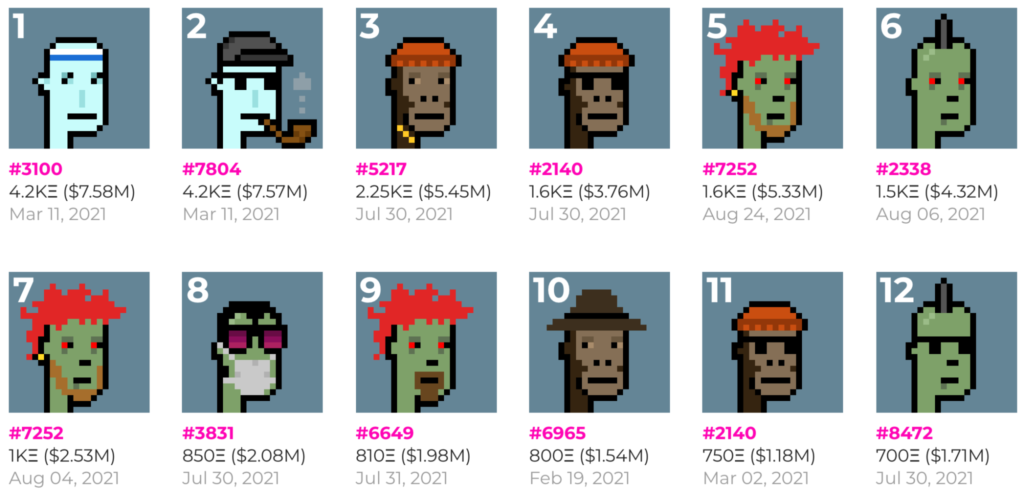In the wake of high-profile crypto collapses such as Terra, FTX, and Celsius in 2022, industry leaders are revisiting the role of crypto rating agencies in managing risks within the crypto industry.
Over a year has passed since these infamous incidents rocked the crypto world, and executives are discussing the potential of AI-based rating agencies to mitigate risks in the crypto landscape. Ben Goertzel, CEO of SingularityNET, a decentralized artificial intelligence (AI) firm, believes that rating agencies could play a crucial role in rebuilding trust within the crypto community. He argues that they may have a more significant impact than regulators. In his view, regulatory efforts since 2022 have not instilled confidence in protecting crypto users.
Goertzel asserts, “Nothing that the world’s regulatory agencies have done since 2022 has increased my faith that they are going to be able in practice to do more good than harm for customers or service providers in the crypto space.” Instead, he advocates for transparent, crowdsourced, and intelligently aggregated rating mechanisms that could enhance the crypto landscape.
Advancements in AI technology have made it feasible to generate customized summaries of the reputations of various crypto entities using raw data and reports from diverse sources. This approach can provide a clearer picture of a crypto project’s credibility and trustworthiness.
Regarding the FTX case handled by United States regulators, Goertzel suggests that no special laws are required for crypto fraud. Existing laws against fraud are sufficient to apprehend wrongdoers in the crypto space, just as they would in any other sector.
While Goertzel does not believe rating agencies could have prevented the FTX collapse, he contends that they could have at least “alerted customers to the numerous red flags observable in advance.”
Anastasia Ulianova, co-founder of the crypto ratings platform Aria, acknowledges the limitations of rating agencies in predicting collapses like FTX. She emphasizes that while these agencies can “raise red flags” when the risk of a particular crypto project exceeds its performance, they cannot foresee collapses.
“A very important point to stress is that a rating can only tell you how much risk you are taking. It is not by any means a certain prediction of an upcoming collapse,” Ulianova explains.
Nonetheless, Ulianova believes that rating agencies can serve a valuable role in assessing the risks and legitimacy of crypto projects. They enable investors to evaluate the risk-to-reward ratio of tokens, helping them determine if the potential returns justify the associated risks. Aria’s goal, as a rating agency, is to “legitimize the place of crypto assets in a traditional investment portfolio.”
In conclusion, AI-based crypto rating agencies have the potential to enhance transparency and provide valuable insights into the reputations of crypto entities. While they may not prevent all crypto collapses, their role in risk assessment and risk-to-reward analysis can empower investors to make informed decisions in the dynamic world of cryptocurrencies.


